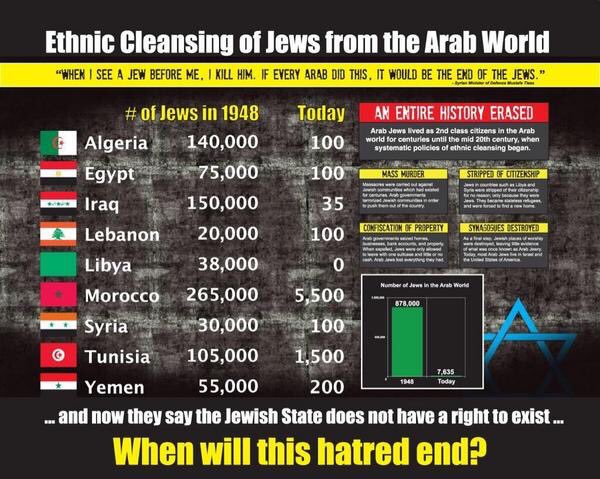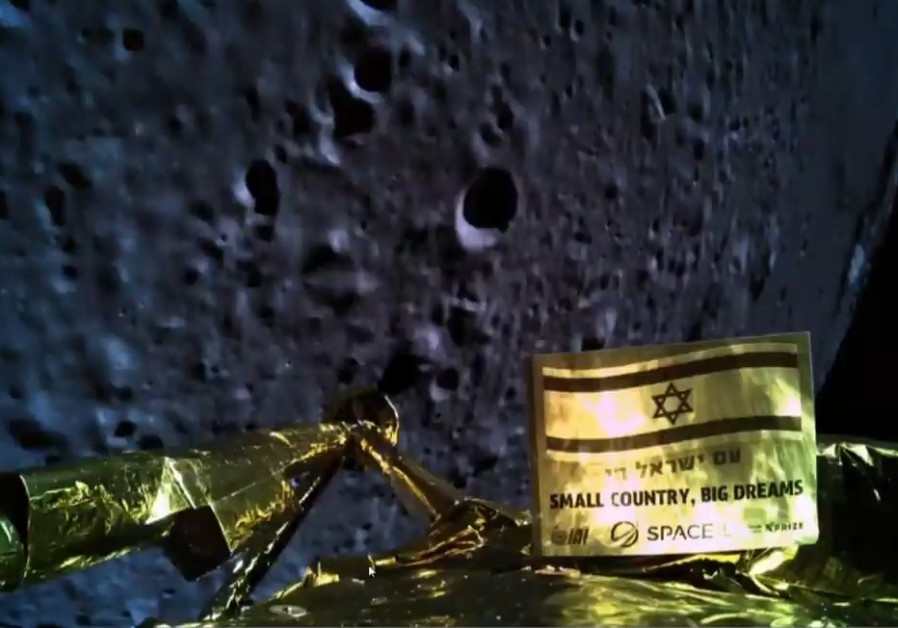The myth of 'land for peace'
Israelis, and friends of the Jewish State alike, are accustomed to the never-ending scorn the United Nations heaps on the Middle East’s only free democracy, never mind its desire for peace with all of its Arab neighbors. It may seem unfathomable then that the very same institution [UN] was ultimately responsible for the creation of Israel.
In 1917, Secretary Arthur Balfour simply expressed Great Britain’s view with favor for “the establishment in Palestine of a national home for the Jewish people.”
In contrast, the Mandate is the multilateral binding agreement which laid down the Jewish legal right to settle anywhere in the geographical area called Palestine, the land between the Jordan River and the Mediterranean Sea, an entitlement unaltered in international law.
The Mandate was not a naive vision briefly embraced by the international community. The entire League of Nations – 51 countries – unanimously declared on that July 24th, 1922: “Whereas recognition has been given to the historical connection of the Jewish people with Palestine and to the grounds for reconstituting their national home in that country.”
The Mandate clearly differentiates between political rights referring to Jewish self-determination as an emerging polity—and civil and religious rights, referring to guarantees of equal personal freedoms to non-Jewish residents as individuals and within select communities. Not once are Arabs as a people mentioned in the Mandate for Palestine. Nowhere in the document is there any granting of political rights to Arabs.
Article 2 of the “Mandate for Palestine” document, calls to place the country “Under such political, administrative and economic conditions as will secure the establishment of the Jewish national home, as laid down in the preamble, and the development of self-governing institutions, and also for safeguarding the civil and religious rights of all the inhabitants of Palestine, irrespective of race and religion.”
Article 5 of the “Mandate for Palestine” clearly states that "The Mandatory [Great Britain] shall be responsible for seeing that no Palestine territory shall be ceded or leased to, or in any way placed under the control of the Government of any foreign power." The territory of Palestine was exclusively assigned for the Jewish National Home.
Assange’s anti-Semitism revisited
Assange himself has spoken about Jews several times, with plain and heartfelt hostility. The first occasion was in 2011, when he phoned Ian Hislop, the editor of the British satirical magazine Private Eye, to complain about a piece that highlighted Assange’s friendship with a notorious character named Israel Shamir. (A Russian Jew who converted to Orthodox Christianity, Shamir has been writing unhinged missives denouncing Judaism and Zionism for the last 20 years, mostly for far-right websites.) By running the item, Assange said, Hislop had joined an international conspiracy against WikiLeaks led by journalists, all of whom, Assange emphasized, “are Jewish.” When Hislop challenged this invocation of a classic anti-Semitic trope, Assange suddenly replied, “Forget about the Jewish thing.”The antisemitic tweets of murdered Saudi writer Jamal Khashoggi
But Hislop didn’t forget, and Assange promptly accused him – as is the fashion among those charged with making anti-Semitic statements – of engaging in a smear campaign. Those who gave Assange the benefit of the doubt on that occasion were, however, stumped in 2013, when WikiLeaks employee James Ball resigned from the organization precisely because of Assange’s relationship with Shamir, whom he described as “an anti-Semitic writer … and a man with ties and friends in the Russian security services.” Then, in 2016, four years into his residency at the Ecuadorian Embassy, Assange picked up on the social-media meme of placing parentheses symbolizing an echo chamber on either side of the names of Jewish writers.
“Tribalist symbol for establishment climbers? Most of our critics have 3 (((brackets around their names))) & have black-rim glasses. Bizarre,” Assange said on Twitter, in a routine example of anti-Semitic dog-whistling. Shortly afterward, and getting a taste of his own medicine, a private message sent by Assange in which he insulted the Jewish journalist Raphael Sutter was leaked online. “He’s always been a rat,” Assange said of Sutter. “But he’s Jewish and engaged with the ((()))) issue.”
It would seem, then, that what most agitates Assange about Jews is their clannishness and tribalism, their habit of sticking together politically, their notorious practice of smearing critics as “anti-Semites” and their penetration of the establishment. It’s probably not coincidental that these supposed traits are exactly what Shamir detests about Jews, too, as will be demonstrated by a quick perusal of his ravings.
Khashoggi also showed some genuine interest in the makeup of Israel, tweeting in June 2011 about the role of Iranian Jews in the country. In a tweet that same month, he wrote about the “desperation of the Jews to deny the Protocols.” Belief in the antisemitic forgery of the Protocols of the Elders of Zion has remained common in the Middle East in both Arab nationalist and Muslim Brotherhood circles up until the present day. Former Egyptian president Gamal Abdel Nasser and Hamas both pushed conspiracies regarding the text. These conspiracies were also advanced by Malaysian President Mahathir Mohammed in a 2003 speech to the Organization of Islamic Cooperation. As such, Khashoggi would have been familiar with this view.
In December 2011 and July 2012, he referenced the marginalization of Jewish women by “religious Jews,” and the “superstition of the Jews” in reference to Israel and prayers at the Western Wall, calling Jews “deceivers” or “swindlers.”
In August 2012, he argued in relation to Israel: “There is no land that God has made for a people,” noting that while Jews defeated the Canaanites, the Romans defeated the Jews, and it was Muslims who made the land “for all religions.” He was also skeptical of Jewish heritage in the Land of Israel, a theme that returns several times in his tweets. In July 2014, he referred to Jews in Israel as “usurpers,” implying they had stolen or occupied the land.
In September 2012 – when a controversial anti-Islamic video in the US led to riots in Egypt and Libya, and to the murder of the US ambassador in Benghazi – Khashoggi was asked why it was permitted to have a film critiquing Islam in the US., but not questioning the Holocaust. “The reason,” he replied, “is that the Jews passed legislation that criminalized the [questioning] of the Holocaust, while even Catholics failed to criminalize the abuse of Christ.”
On September 13, 2012, he tweeted, “If this was skeptical of the Holocaust, America would not allow it to be published, because the Jews succeeded in obtaining a law that would prevent it in America and Europe.” There is no such law in the US preventing Holocaust denial, but Khashoggi used the false claim to attack Jews.


































.jpg)




